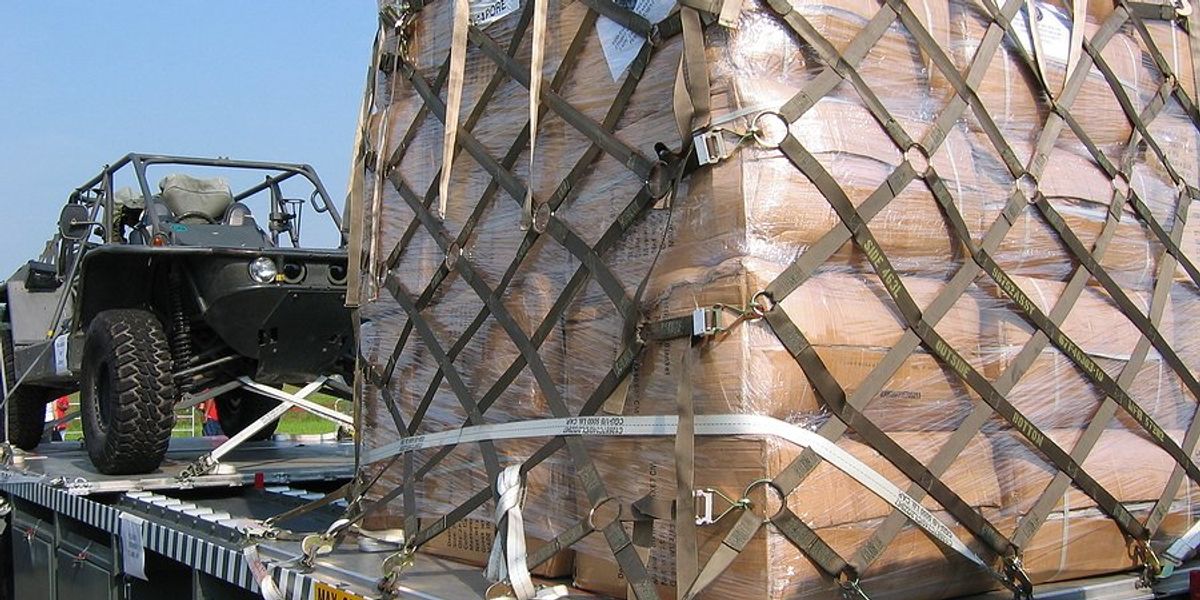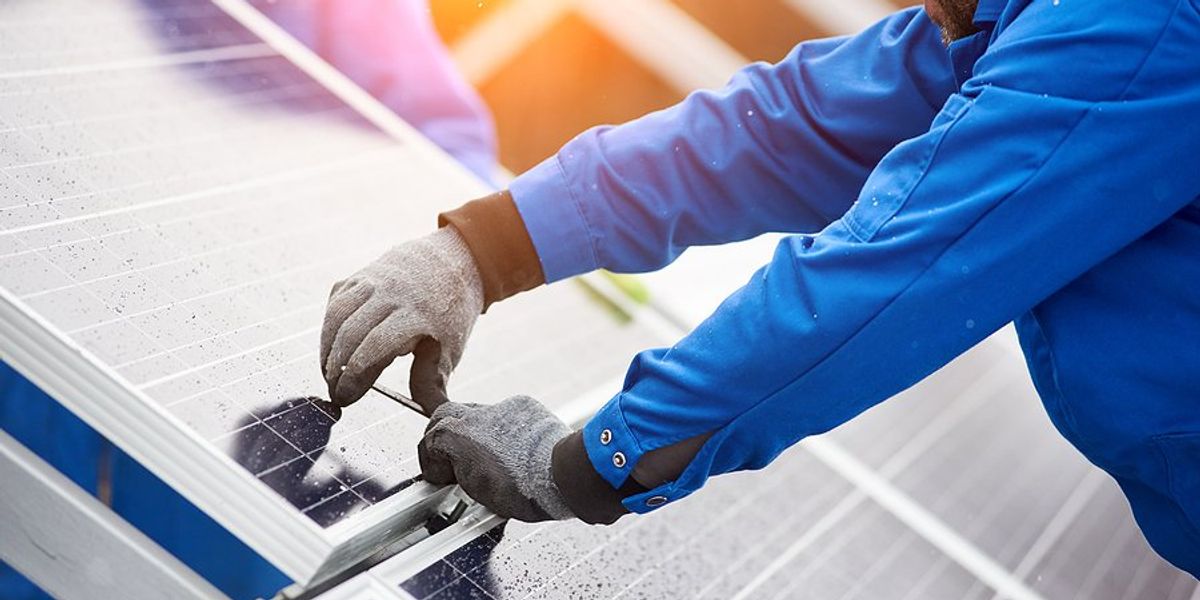industrial pollution
JD Vance's involvement weakens environmental regulations on steel emissions
Republican vice presidential candidate JD Vance played a significant role in weakening federal rules aimed at protecting steelworkers and nearby communities from harmful emissions, according to documents reviewed by The Lever.
In short:
- JD Vance urged the EPA to drop proposed rules to limit carcinogenic emissions from steel plants, claiming it would harm U.S. steel production and the economy.
- The EPA's revised rules, influenced by Vance and others, weakened protections against emissions known to cause cancer and respiratory diseases.
- Vance's actions reveal a pattern of prioritizing industrial interests over public health, echoing his past opposition to environmental regulations.
Key quote:
“We have 4 air purifiers, which need [to be] cleaned every 2 days. I try to dust every day, but it's worthless. It's back by that night. My doctor told us if we don't move we'll be in an early grave. You can taste it in your mouth.”
— Clairton, PA resident in a 2023 comment letter to the EPA
Why this matters:
While deregulation may promise short-term economic gains, the long-term health consequences can be severe, especially for those already living on the edge. Read more: EHN's Pittsburgh reporter discusses air pollution from U.S. Steel's Clairton Coke Works.
Plastic pollution depicted in modern scrimshaw at New Bedford Whaling Museum
Artist Duke Riley transforms ocean plastic into modern scrimshaw, highlighting industrial pollution in a new exhibit at the New Bedford Whaling Museum.
In short:
- Duke Riley uses discarded plastic to create contemporary scrimshaw, depicting environmental degradation.
- A new exhibit at the New Bedford Whaling Museum features Riley’s work, including a piece showcasing local pollution history.
- Traditional scrimshaw, historically carved from whalebone, is reimagined through Riley's modern, environmentally conscious art.
Key quote:
“Human beings have always been on this path to extract what we can from the environment around us for financial gain, oftentimes without a mind to the kind of environmental costs that come along with that sort of industry.”
— Naomi Slipp, chief curator, New Bedford Whaling Museum
Why this matters:
Duke Riley's work doesn't just highlight the problem; it encourages us to confront the consequences of our actions. His art serves as a reminder of the fragility of our environment and the ongoing consequences of industrial pollution. Read more: Plastic pollution in the ocean.
A portrait of pollution around Canada’s busiest port
The Tsleil-Waututh Nation is pushing for stricter regulations to protect Burrard Inlet from industrial pollution, as a leaked video highlights the challenges of enforcement.
In short:
- Toxic waste, sewage, and industrial chemicals pollute Burrard Inlet, making shellfish unsafe to eat and limiting recreational use.
- The Tsleil-Waututh Nation has co-developed new water quality standards with the B.C. government to restore the inlet and allow safe seafood harvesting.
- A leaked video of a coal spill at Neptune Terminals raises concerns about unreported spills and ongoing contamination.
Key quote:
“The establishment of these water quality objectives, using this more risk-based approach that recognizes coastal Indigenous lifeways, I think that’s already a really exciting and important step.”
— Amanda Giang, assistant professor in the Institute for Resources, Environment and Sustainability at the University of British Columbia
Why this matters:
Addressing the severe pollution in Burrard Inlet is important for public health and the environment, reflecting the conflicting industrial pollution and Indigenous rights. The successful implementation of new water quality standards could serve as a model for other polluted waterways. Read more: “Stop hurting us:” Protestors plead for their health outside a Pittsburgh gathering of coal and steel execs.
Vicky Cann: How the chemical-industry lobby pushes 'safe use' exemptions
Environmental and human rights concerns arise from Chinese-backed nickel mining in Indonesia
A report highlights severe environmental and Indigenous rights violations by a Chinese-backed nickel industrial project in Indonesia, escalating tensions in the electric vehicle (EV) battery supply chain.
In short:
- The U.S.-based Climate Rights International (CRI) accuses the Indonesia Weda Bay Industrial Park, funded by China, of significant environmental damage and rights abuses in Maluku.
- The report emphasizes the risks of Indonesia's ambition to be a key player in the global EV battery market, highlighting issues of safety, land rights and environmental degradation.
- Concerns include fatal accidents, deforestation, water pollution, and inadequate compensation for land taken from local residents.
Key quote:
“The lack of meaningful government oversight of the nickel industry as demonstrated in our report is a serious cause for concern.”
— Krista Shennum, researcher at CRI
Visit EHN's energy section for more top news about energy, climate and health.



















